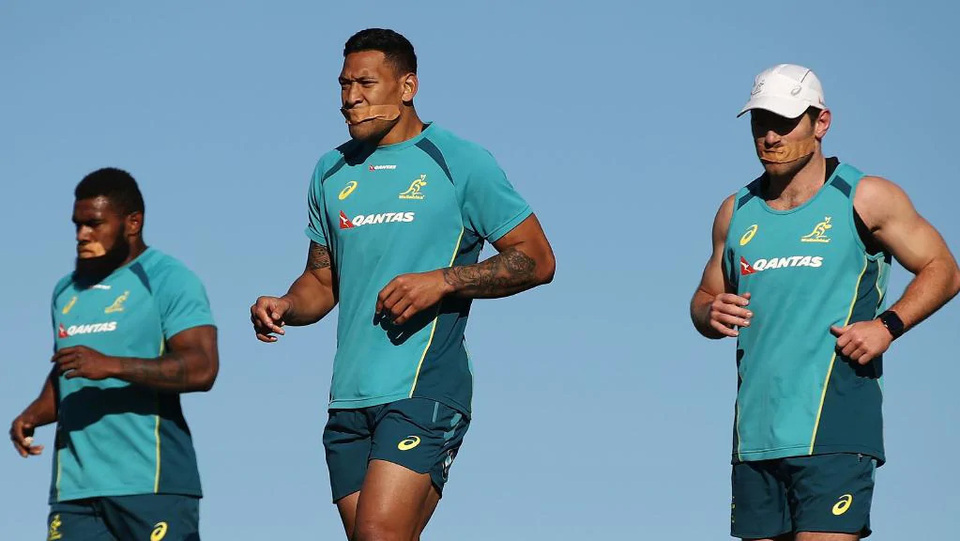Radio New Zealand ran an article on mouth taping on the 19th of September 2024.
We have contacted RNZ about inaccuracies and misconceptions in the article but have yet to hear back. In the meantime, let’s try to set the record straight.
An increasing number of health practitioners, including dentists and doctors, are advising their patients to tape their mouth shut at night. The practice has been picked up by celebrities like Gwyneth Patrow and athletes including tennis player Iga Swiatek. The Wallabies were even spotted wearing mouth tape during a training session in 2017.
This idea has been taken from the Buteyko Method and is being used out of context with little understanding of the breathing retraining process.
Taping was never part of the original Buteyko Method and was never used by its founder, Ukraine doctor, Konstantin Buteyko. Mouth taping was introduced by Buteyko practitioners outside of Russia to improve compliance with the breathing programme.
Contraindications of forced nasal breathing include:
- Enlarged adenoids
- Nasal polyps
- Deviated septum
- Anxiety disorders
- Migraine headaches
- Epilepsy
- COPD
- Pregnancy
Possible unintended negative consequences:
- Pulmonary hypertension
- Cardiovascular issues include, atrial fibrillation, tachycardia and hypertension
- Damage to the delicate nasal mucosa
- Increasing breathing dysregulation
While there will always be exceptions, taping alone cannot correct breathing-related disorders like allergies, asthma, anxiety disorders, snoring and sleep apnoea. For example, a 2009 randomised single-blind crossover study on taping for asthma control concluded that taping the mouth at night alone had no effect on asthma control in patients with symptomatic asthma.
This is explained in detail in an article by Nicky McLeod: The Perils of Mouth Taping
Those that have completed a Buteyko course will know that mouth taping is recommended for some clients, but only as part of the comprehensive breathing retraining programme and with strict protocols. Taping guide for course participants
Another misconception is that mouth taping is for life. As Buteyko Practitioners explain, if our clients need to tape long term, then they clearly have not retrained their breathing pattern. It is important to remember that taping is an optional, short-term, add-on technique to help establish a functional breathing pattern for clients enrolled in a Buteyko course. Once that has been achieved, comfortable nasal breathing, night and day, becomes the norm and taping is no longer required.
If you are a habitual mouth breather, snore or suffer from sleep apnoea, restless leg syndrome, asthma, allergic rhinitis, chronic nasal congestion, frequent respiratory infections, chronic fatigue, cardiovascular problems, migraine headaches or anxiety, contact us on +64-9-360 6291 or info@buteykobreathing.nz to learn more about our programmes.



